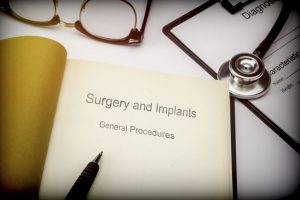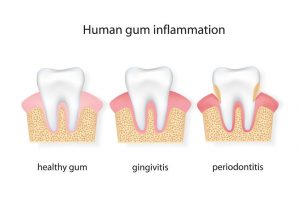Oral surgery is a dental specialization that requires special training. An oral surgeon will typically spend 4 to 6 extra years as a resident in a hospital, learning how to treat various problems related to the tooth, jawbone, gums and soft tissues of the face.
The complete name of this dental specialty is oral and maxillofacial surgeon. This name of the profession is given by maxilla – the upper jaw of the face. This is one of the most important parts of the human face, since all the other bones in the face except for the lower jaw touch it.
What Kind of Training Does an Oral Surgeon Receive?
Given the complexity of the parts of the body they have to treat, oral surgeons need to become familiar with several medical specialties. Parker oral surgery specialists receive schooling and practical education in:
- Anesthesia
- Internal medicine
- ENT (ear, nose, throat) medicine or otolaryngology
- Emergency medicine
- Plastic surgery.
That’s right, plastic surgery. If a patient suffers from congenital issues such as cleft palate or suffers extensive facial damage in an accident, a Parker oral surgeon will perform reconstructive surgery on them.
Types of Procedures Performed by an Oral Surgeon
Here are some of the typical medical procedures an oral surgeon performs:
- Wisdom Teeth Extractions
Wisdom teeth (third molars) have a four-pronged root. Therefore, you don’t need any dentist, but an oral surgeon to extract them. In some cases, the extraction requires surgery and closing the extraction site with stitches.
- Installing Dental Implants
A dental implant is the most realistic looking tooth replacement option. It looks just like a tooth and is screwed in the jawbone. This kind of procedure is performed by an oral surgeon because it does involve a surgery to insert the screw in the jawbone.
- Corrective Jaw Surgery
Some people suffer from misaligned jaws, which cause an overbite or an underbite. These issues are far more problematic than from the esthetic point of view. People with misaligned jaws have difficulty eating and speaking. In some cases, orthodontics can solve the problem. However, in other cases surgery is required to realign the upper and lower jaws.
- Facial Trauma Treatments
Facial trauma, such as being hit in the face with a blunt instrument or being involved in a car accident, destroys more than just your looks. Muscles, bones and nerves are damaged and you need a skilled oral surgeon to put everything back in place, reconnect tissue and help you heal and get back the full function and esthetics of the various parts of your face.
- Oncologic Surgery
Mouth cancer can lead to the development of large tumors that leave patients unable to eat and breathe properly. Oral surgeons have the skill and experience to identify the extent of these tumors and remove them as much as possible.
Finally, as we mentioned above, an oral surgeon will usually assist a plastic surgeon in facial reconstruction procedure. While one specialist focuses on esthetics, the other will ensure that the patient will have full function of the soft tissues, nerves and jaws after the surgery.



